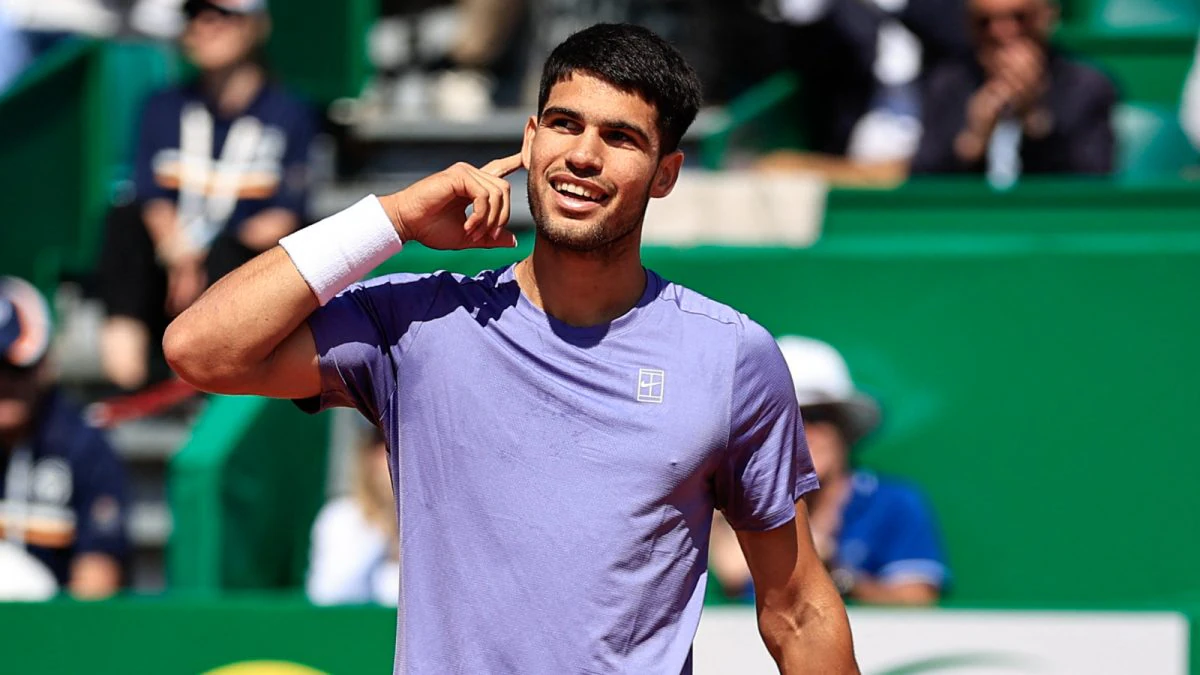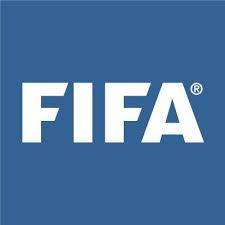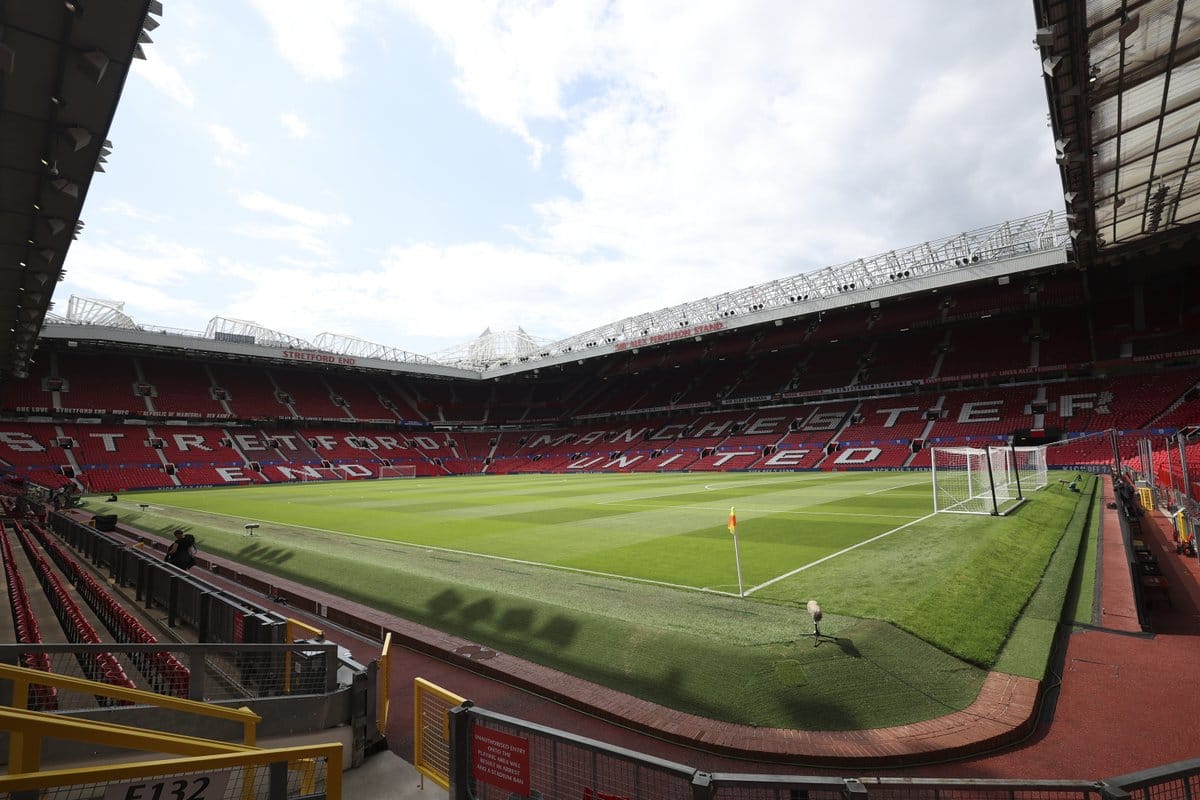(Football news) Delegates who attended FIFA’s global summit have been told that the football governing body’s plan for a biennial World Cup will generate in excess of £3.3bn revenue over a four year cycle. All 211 member associations were invited to the summit as the debate continued over Arsene Wenger’s plan to double the frequency of the World Cup. As things stand, UEFA, Europe’s major leagues and CONMEBOL (South America’s governing body) have opposed the plans while Caf (African governing body) has given it’s backing.
The delegates were told that the revenue generated from gate receipts, media rights and sponsorship by having the World Cup every two years will lead to a rise from £5.3bn to £8.6bn in a four year cycle when two World Cups are held. As a result, national associations would be allocated an additional £12.1m funds for the development of the sport although the precise method of distribution was not clarified. One of Arsene Wenger’s aims is to reduce the gap between the richest and poorest football nations and ensure the talent from underdeveloped football nations is tapped to its fullest potential. However, a downside of this plan is that revenue will drop between £2.1-2.6bn for European national federations across a four-year cycle.
Despite opposition, FIFA President Gianni Infantino said “If I was going to a [Fifa Congress] vote tomorrow probably the majority would vote in favour of World Cups every two years. But we are looking at the entire calendar. We are looking at how we can make football better and we're looking at how many we can bring on board with a new way of organising football in the future. We continue the dialogue, we continue the analysis, we hope that we can make progress one way or the other, or some middle way."
One of the major concerns from the biennial World Cup plans is the number of games players will be forced to play as the summer break will alternate between World Cup and Euros/ Copa America for many players while the African players will be participating in the African Cup of Nations. Many players, most recently Thibaut Courtois have publicly criticized football’s governing bodies for the number of games that players are being made to play solely because of the money involved and often at the expense of the physical and mental health of the players. It’s vital that FIFA takes the opinion of the players into account instead of just it’s members associations before taking a decision that might significantly alter the football landscape around the world.
Also read: Premier League decides to maintain schedule despite rising COVID-19 cases













